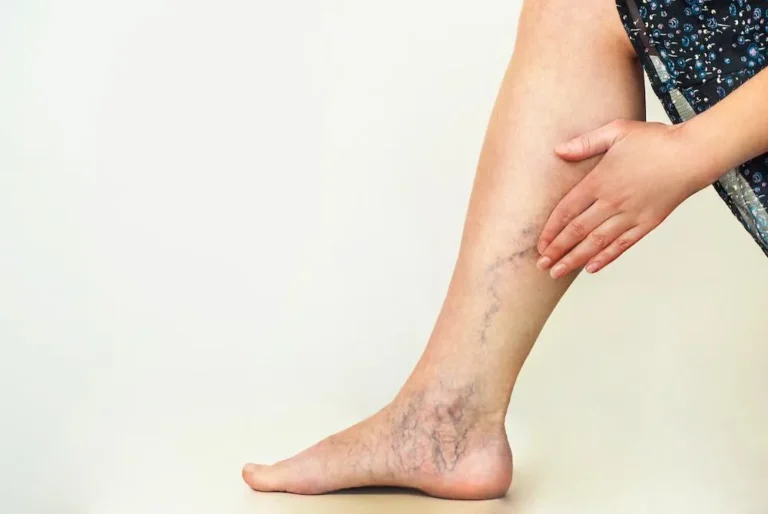The Connection Between Headaches and Stress

Stress affects the body in more ways than many people realize. It impacts mental well-being but also has physical effects that are often overlooked. Headaches are a typical stress response. By understanding how stress contributes to headaches, you can take steps to manage triggers and find relief. Here is more information about the connection between headaches and stress:
Physiological Effects
When you experience stress, your body reacts immediately. The brain triggers the fight-or-flight response, releasing stress hormones such as cortisol and adrenaline. These hormones prepare your body to deal with threats by increasing heart rate, blood pressure, and muscle tension. While this response is helpful in short bursts, prolonged stress keeps your body in a state of heightened alertness, causing physical discomfort.
Muscle Tension
Muscle tension is one of the most direct ways that stress translates into physical discomfort. Stress often leads people to unconsciously clench their jaw, stiffen their neck, and tighten their shoulders. Overusing these muscles creates tension that radiates upward, causing tension headaches.
Tension headaches feel like a dull, pressing pain around the forehead or the back of the head. They are sometimes mistaken for migraines due to the discomfort they generate, but the underlying cause is different. Addressing stress as the root of the problem helps break the cycle of tension and headache development.
Hormonal Shifts
Stress doesn’t just affect muscles; it disrupts internal systems as well. Hormonal fluctuations during extended periods of stress contribute to headaches. Cortisol, often referred to as the body’s stress hormone, plays a significant role. While it regulates various functions, such as metabolism and blood sugar levels, imbalances caused by stress strain the system.
Stress Triggers
Headaches caused by stress don’t come out of nowhere. Learning to recognize what triggers feelings is the first step toward reducing the impact of stress. Triggers vary widely; they might include tight deadlines, relationship challenges, or financial worries.
Identifying personal stressors helps you anticipate and address potential headache triggers before they escalate. Once you’re aware of your stress triggers, take active steps to adjust how you respond to them. Organize daily tasks, set clear boundaries, and make time for quiet reflection during the day to reduce unwanted feelings.
Relaxation Techniques
Relaxation techniques provide practical methods for managing stress and reducing the frequency of stress-related headaches. Here are a few approaches worth exploring:
- Deep Breathing: Taking slow, deep breaths calms the nervous system and reduces immediate stress responses, potentially minimizing headache symptoms.
- Progressive Muscle Relaxation (PMR): This practice involves tensing and relaxing individual muscle groups to release tension that has built up throughout the body.
- Mindfulness and Meditation: Regular mindfulness exercises lower cortisol levels and improve overall mental well-being.
- Physical Activity: Engaging in light exercise, such as yoga or walking, may reduce stress hormones and release endorphins, improving mood and relieving muscle tension.
Brief periods of these practices during a busy day can provide relief and help prevent tension from escalating.
Find a Neurology Clinic to Manage Headaches
Stress may be unavoidable, but how you manage and respond to it is within your control. By recognizing the ways stress impacts the body, you can take proactive steps to manage triggers and alleviate tension. Focus on relaxation techniques and practical daily changes that help alleviate physical stressors, thereby reducing the likelihood of headaches. If stress-related headaches persist or interfere with daily life, reach out to a healthcare professional for assistance.
- What to Expect When Visiting a Foot and Ankle Specialist
- Causes of PTSD
- The Link Between Plantar Fasciitis and Weight Gain: What You Need to Know
- How Pet Ownership Can Positively Impact Life with Fibromyalgia
- The Importance of Stretching and Flexibility in Sports Medicine
Dr. Emma Green is a health and wellness expert with over 10 years of experience in nutrition and fitness. Passionate about helping others live their healthiest lives, Dr. Green shares practical advice on wellness, nutrition, and sustainable living through LivingSpristine.






